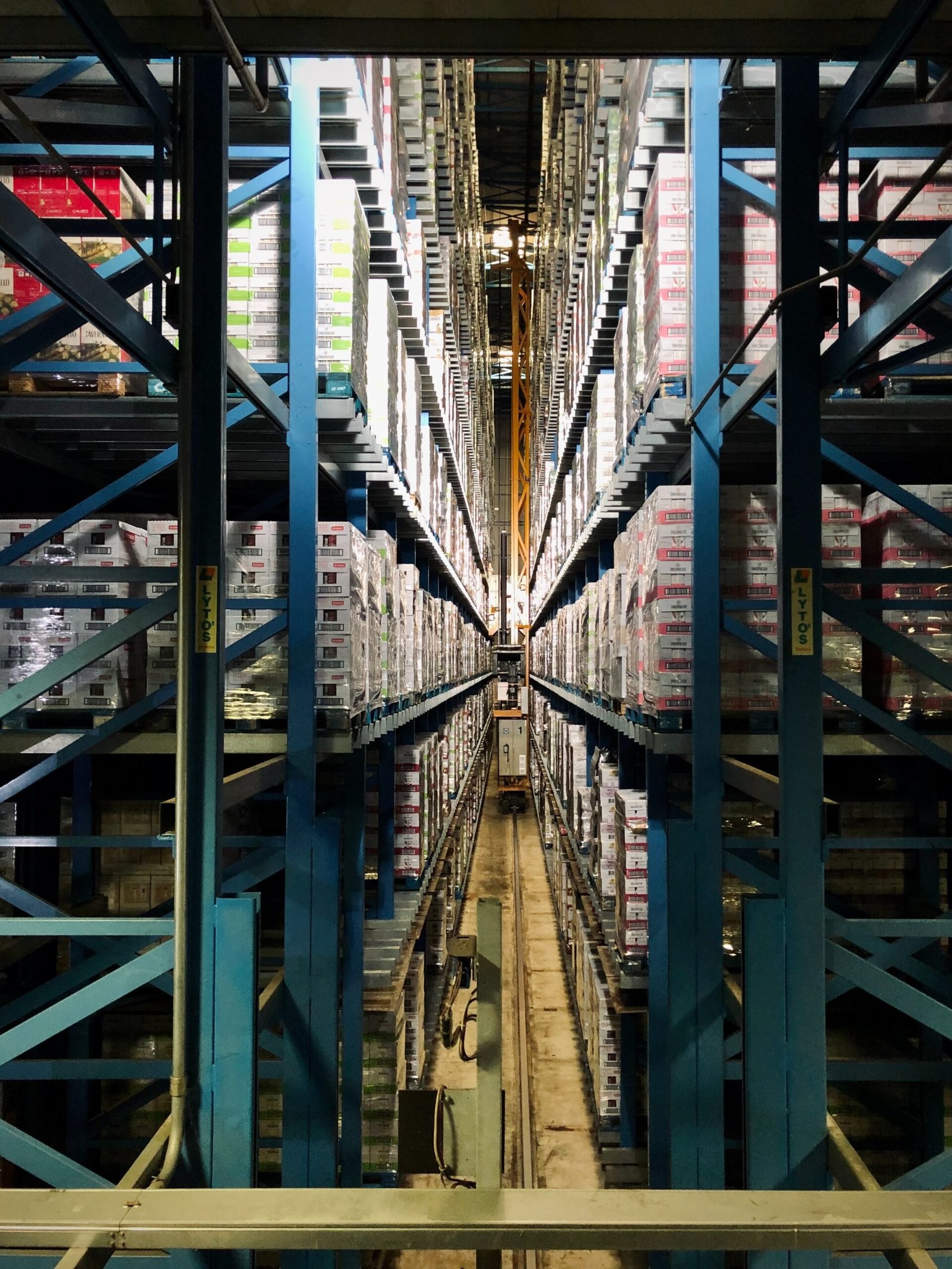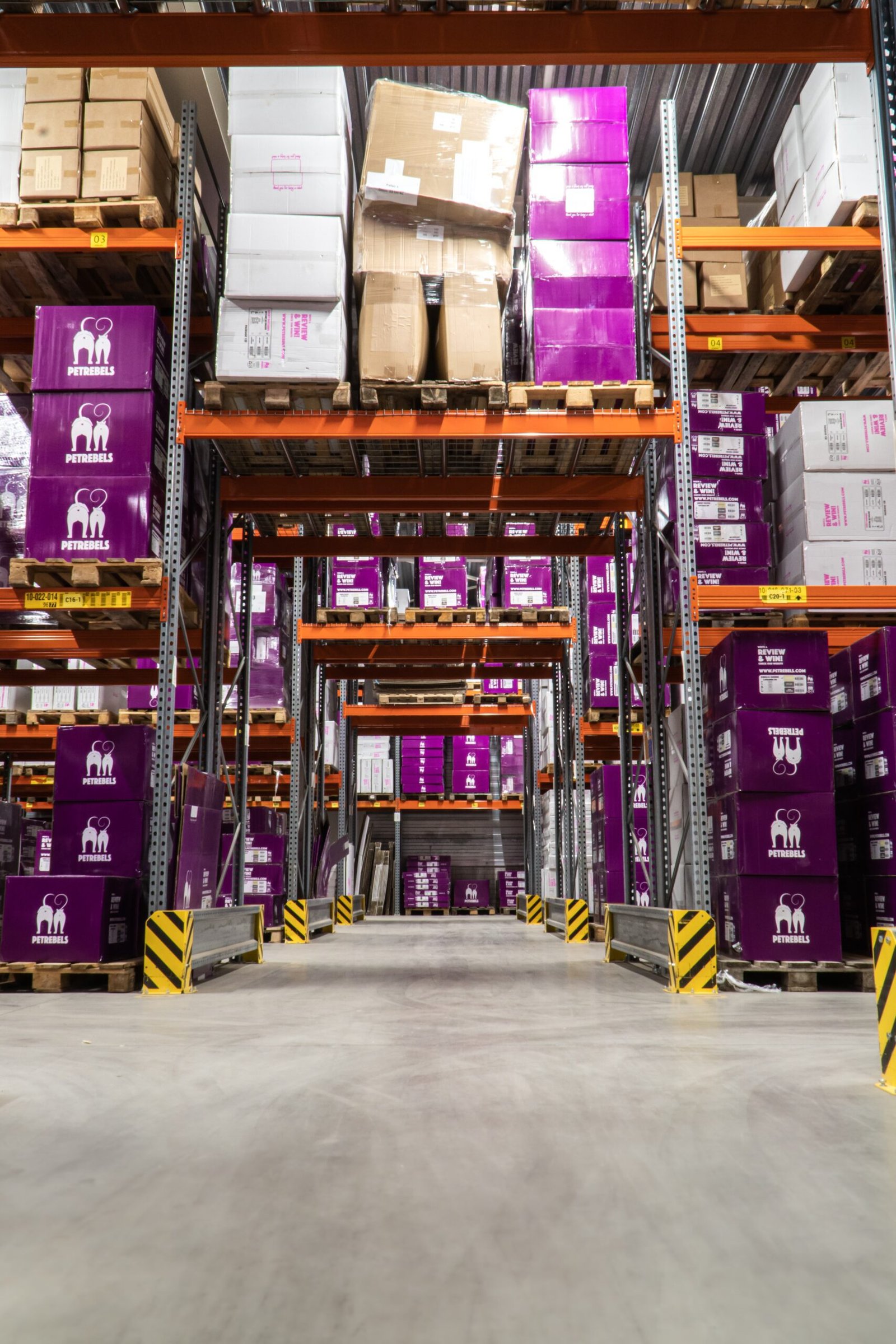Learn about logistics management, its definition, characteristics, importance, roles, advantages, and disadvantages. Understand how logistics management can enhance customer satisfaction, reduce costs, and improve operational efficiency.
Logistics Management: Definition, Characteristics, Importance, Roles, Advantages, and Disadvantages
It is an integral part of any successful business operation. It involves the planning, implementation, and control of the efficient flow and storage of goods, services, and related information from the point of origin to the point of consumption.
The nature of logistics management is multifaceted, encompassing various activities such as transportation, warehousing, inventory management, packaging, and customer service. It requires careful coordination and collaboration among different stakeholders, including suppliers, manufacturers, distributors, retailers, and customers.
Characteristics
The characteristics of logistics management can be summarized as follows:
- Integration: It integrates various functions and processes to ensure the smooth flow of goods and services.
- Efficiency: It focuses on optimizing resources and minimizing costs to achieve operational efficiency.
- Reliability: It aims to deliver goods and services on time and in the right condition.
- Flexibility: It adapts to changing market conditions and customer demands.
- Visibility: Logistics management provides real-time visibility of inventory and shipment status.
The importance of logistics management cannot be overstated. It plays a crucial role in enhancing customer satisfaction, reducing costs, improving operational efficiency, and gaining a competitive edge in the market.
Roles
The roles of logistics management include:
- Inventory management: It involves the control and optimization of inventory levels to meet customer demand.
- Transportation: It ensures the efficient movement of goods from one location to another.
- Warehousing: It involves the storage and management of goods in warehouses to facilitate timely delivery.
- Order processing: It handles order processing, including order entry, picking, packing, and shipping.
- Customer service: It focuses on providing excellent customer service, including order tracking and resolving customer queries.
Advantages
There are several advantages of effective logistics management:
- Cost savings: It helps in reducing transportation and inventory costs through efficient planning and optimization.
- Improved customer service: It ensures timely delivery and accurate order fulfillment, leading to higher customer satisfaction.
- Enhanced competitiveness: Effective logistics gives businesses a competitive edge by streamlining operations and meeting customer expectations.
- Supply chain optimization: It enables businesses to optimize their supply chain by improving coordination and collaboration with suppliers and partners.
Disadvantages
However, logistics management also has its disadvantages:
- Complexity: Managing logistics can be complex and challenging due to the involvement of various stakeholders and processes.
- Cost implications: Implementing logistics systems and processes can be costly, especially for small businesses.
- Risk of disruptions: Logistics operations are susceptible to disruptions such as natural disasters, transportation strikes, and supply chain disruptions.
Conclusion
It is a critical function that ensures the efficient flow and storage of goods and services. It has several characteristics, including integration, efficiency, reliability, flexibility, and visibility. The importance of logistics lies in its ability to enhance customer satisfaction, reduce costs, improve operational efficiency, and gain a competitive edge. What is a variable expense?
The roles of logistics include inventory management, transportation, warehousing, order processing, and customer service. While there are advantages to effective logistics, such as cost savings, improved customer service, enhanced competitiveness, and supply chain optimization, there are also disadvantages, including complexity, cost implications, and the risk of disruptions.







Leave a Comment